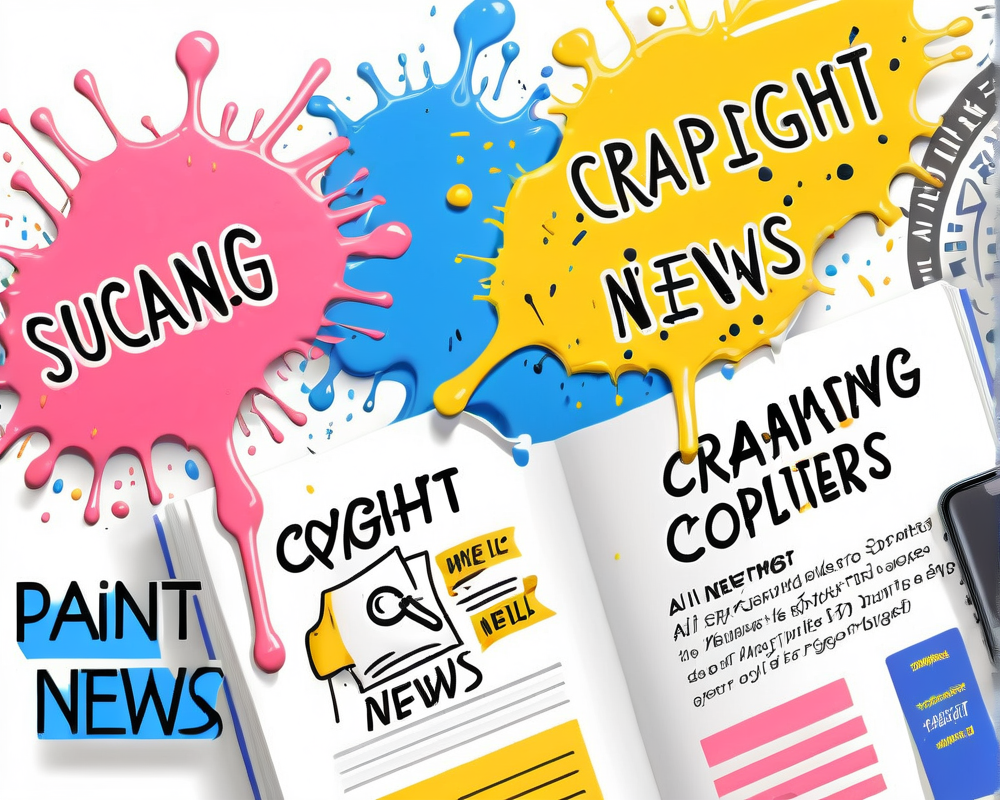The Controversy Revealed
The recent claims by the News Media Alliance (NMA) have sparked a renewed debate about artificial intelligence and its reliance on news publishers’ copyrighted materials. A 77-page white paper released on October 30 outlines that generative AI models are significantly trained on content from news publications—often without permission. Imagine trying to cook a stew without asking the chef for their secret recipe—well, this is what developers are reportedly doing with news content.
The Financial Fallout for News Publishers
News publishers invest considerable resources into their journalism only to find that AI developers are cashing in on their hard work. The NMA insists that while publishers incur risks and costs, it’s the AI developers who are reaping the rewards through user engagement and advertising dollars, like that awkward guy at a party constantly taking credit for the music playlist you curated.
Proposed Solutions: A Call for Change
In light of these issues, the NMA is lobbying for reform. Their recommendations include:
- Copyright Declaration: They urge that the Copyright Office recognize the harm done to publishers by using their content to monetize AI.
- Licensing Models: New licensing frameworks to offer clarity and prevent unauthorized usage.
- Transparency Measures: To allow for greater accountability regarding the ingested copyrighted materials.
- Content Scraping Restrictions: Advocating for the removal of protected content from third-party websites.
Think of it like a group project where one person does all the work, yet another takes all the credit. It’s time for a clear framework to ensure everyone’s contributions are respected.
The Generative AI Paradox
While the NMA is concerned about the copyright misuse, they also recognize the advantages generative AI brings to the table. Publications and journalists can utilize AI for proofreading, brainstorming, and even optimizing for search engines, making it a double-edged sword. It’s like giving a toddler a cupcake; it can either be a cute moment or frosting all over the walls.
Legal Battles on the Horizon
As if the landscape wasn’t already litigious enough, high-profile lawsuits have been filed by personalities like comedian Sarah Silverman, alongside class-action suits against OpenAI and Google for alleged copyright violations. These cases are not just entertaining gossip—it’s a serious endeavor to clarify what ownership looks like in this new AI-driven world.
Even Google has promised to take a stand, stating they’ll assume legal responsibility for copyright infringements related to their products in Google Cloud and Workspace. But heads up—Bard, their AI search tool, is a different story, so tread carefully.




